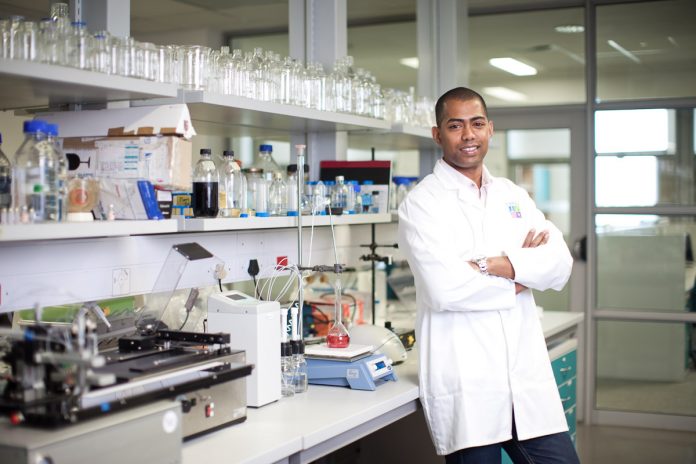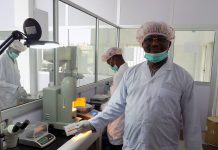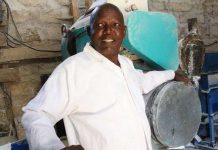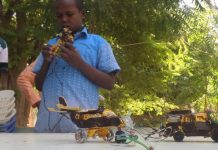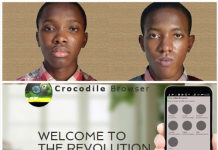A column highlighting scientific, technological, engineering, and design innovation in Africa)
South African biotechnologist and entrepreneur Ashley Uys (pictured above) developed OculusID Impairment Screening that can detect substance abuse, eye defects and fatigue.
The OculusID Impairment Screening device is designed to measure pupil response to light emissions. The pupil response can then be measured against pre-determined benchmarks applied to measure substance abuse, physiological defects and fatigue.
Pupils dilate at a slower rate if a person is overly tired or sleep deprived. Drugs such as LSD and ecstasy cause the pupil to dilate to an abnormally large size, while heroin and morphine have the opposite effect. In both instances, however, there is little variation in the size of the pupil when a light source is introduced.
The OculusID Impairment Screening Device, which is a far less invasive procedure than existing methods, was one of ten finalizes for the 2014 Innovation Prize for Africa.
OculusID is the name of the company founded in 2013 by Uys, and other “young, vibrant and dynamic individuals” from various industries. Headed by Uys as its managing director, the company specializes in the development of biometric solutions with impairment detection through the application of non-invasive, hygienic and cost-effective innovations by promoting a safe environment.
There is OculusLAW, which has been put to use by South African traffic officials in its crackdown on over-tired drivers and those under the influence of drugs or alcohol. A suspect driver is asked to stare into a camera lens while a light goes on, and the camera records the pupil dilation. The rate of dilation is recorded and a computer program creates a corresponding on-screen graph.
OculusMOBI comes as a smartphone application that parents can use to determine whether their child is high on drugs. Using the app, which is an eye-focused camera feature on the phone, parents take a picture of the child’s eye. If the child’s eye fails to respond to the flash, he or she could be under the influence of illegal drugs. OculusMOBI is expected to be on the market by August 2014 as a product of medical test kit developer company Medical Diagnostech.
OculusMINI is designed for use by small and medium-size enterprises, while OculusPRO, which integrates facial recognition and visual impairment detection, is designed for workplaces with access control systems.
Uys also developed a quick malaria test for which he was selected as a finalist in the Innovation Prize for Africa 2013. He was also selected by Forbes magazine as one of the 30 under-30 Africans making the most dramatic impact across the continent.


